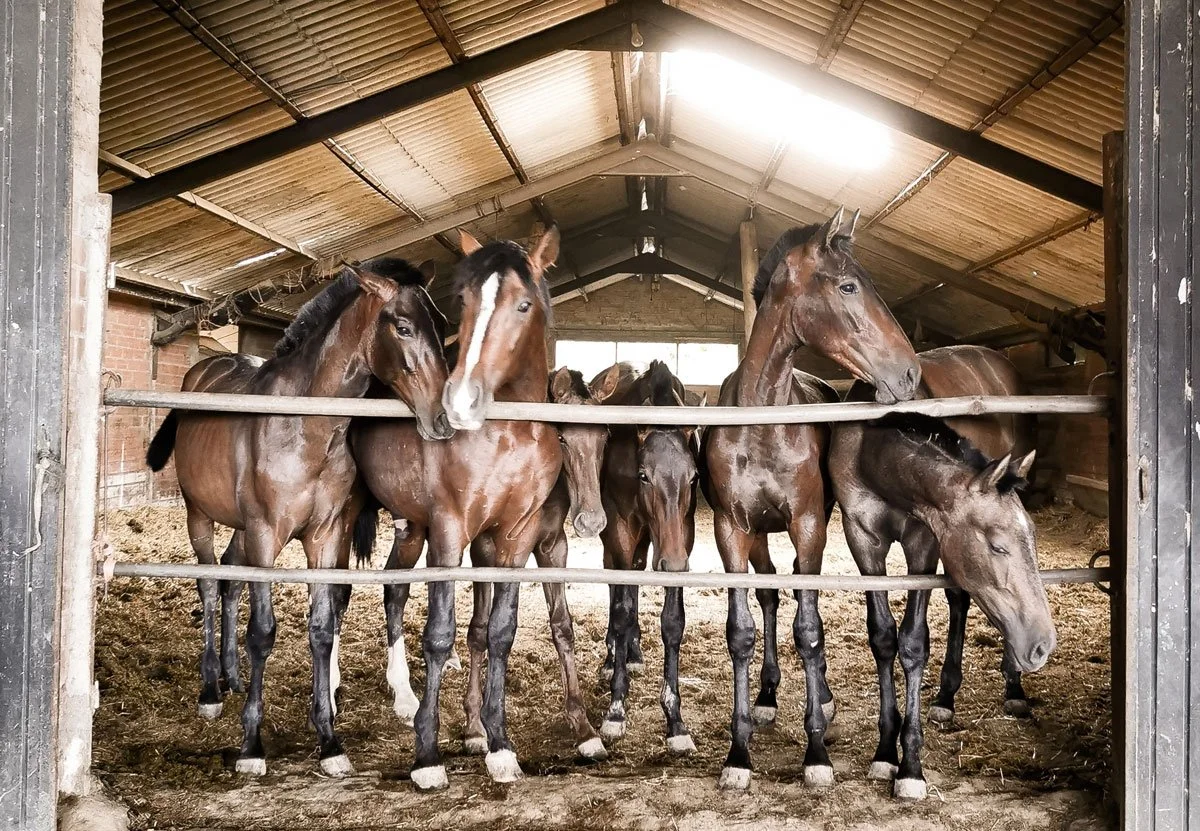If You Don’t Feed the Horses They Die
People thrive on opportunities to do things that matter. Having a sense of purpose makes people more motivated and increases their overall physical and mental health. How could you help meet someone else’s need to make a difference? How might this improve their world and yours?
Photo by Kyriacos Georgiou on Unsplash.
Kids often speak their minds from the backseat of the car. When my daughter was six, she piped up, “I wish I lived in the olden times.” She was deep into the Little House on the Prairie book series at the time so I understood “olden times” to be the era when Laura Ingalls Wilder was a girl and I guessed that the allure of that period had something to do with horses. It did, but not in the way I thought.
“Kids in those days got to do things that mattered,” she explained. “Their jobs weren’t just things like making the bed. If you don’t make your bed nothing happens, but if you don’t feed the horses they die.” And just like that, she had both explained my uphill battle to introduce chores like making the bed and summed up a powerful universal psychological need. People – adults and kids alike –want to know that what they are doing matters and is valued.
It’s hard to feel motivated when you have the sense that what you’re doing doesn’t make a difference. It’s easy to become demoralized when what you’re doing isn’t appreciated. On the flip side, people thrive on opportunities to do things that matter. Having a sense of purpose not only makes people more motivated in the short run but it also increases their overall physical and mental health.
The current war in Ukraine and the outpouring of help from around the world shows what people can do when they feel they are making a difference. In Barcelona, where I live, the Ukrainian consulate is overflowing with donations of everything from coats to medicines. People across Europe are opening up their homes to Ukrainian refugees. Many others are opening up their pocketbooks or holding fundraising events to aid victims of the war. People are acting because their action is needed to save lives. Not only is aid getting to the victims of this awful war, but the people helping are also meeting their own need to make a difference.
Sometimes it’s harder to see the differences that we are making. The teacher who struggles with dwindling resources and uninvolved parents in a failing school may start to think that what they do doesn’t matter. The team member who feels that their work is undervalued and unappreciated may feel no motivation to excel in their job. This is where feedback comes in.
The Importance of Feedback
Expressing appreciation, acknowledging value, and helping people see how their work fits into the big picture is an important part of bringing out people’s best. I recently wrote about some common reasons for feeling unmotivated and what you can do about them. That list includes some effective things that you can do for yourself, but sometimes you need a little help from those around you.
A friend of mine had a manager who never went out of his way to praise the people on his team or even acknowledge a job well done. “Why should I praise people for doing their job?” he once asked. Was it any wonder that team morale languished?
It’s true that an overabundance of praise quickly loses its value – I’m thinking about the cry of “great job!” that has become a parental reflex or the ubiquitous “amazing” that people mindlessly post in response to artwork shared on Instagram. But meaningful feedback, praise, and appreciation can be hugely rewarding and motivating. In fact, appreciation and positive feedback can have such a powerful impact on worker satisfaction that it would be a shame to confine them to once-a-year Employee Appreciation Day.
People are at their best when they are doing things that matter. How could you – as an employer, a supervisor of volunteers, a patient, a parent, a friend – help meet someone else’s need to make a difference? To let them know their work is appreciated? To show how their actions matter?
As for my daughter, we eventually stopped worrying about whether her bed was made and set her to work in the kitchen. Unlike the horses, we weren’t going to starve if she didn’t make cookies. But it did mean that our lunchbox contents would be much less interesting. Thankfully – for our tastebuds if not our waistlines – the sense of purpose and the positive feedback she got from providing the family with baked goods meant that was rarely a problem.
Anne Kearney is an artist and writer living in Barcelona, Spain. Her writing and artwork are inspired by her decades of experience as an environmental psychologist working for universities, non-profits and NASA. She has a BA in Cognitive Science from Stanford University and a PhD in Environmental Psychology from the University of Michigan.

